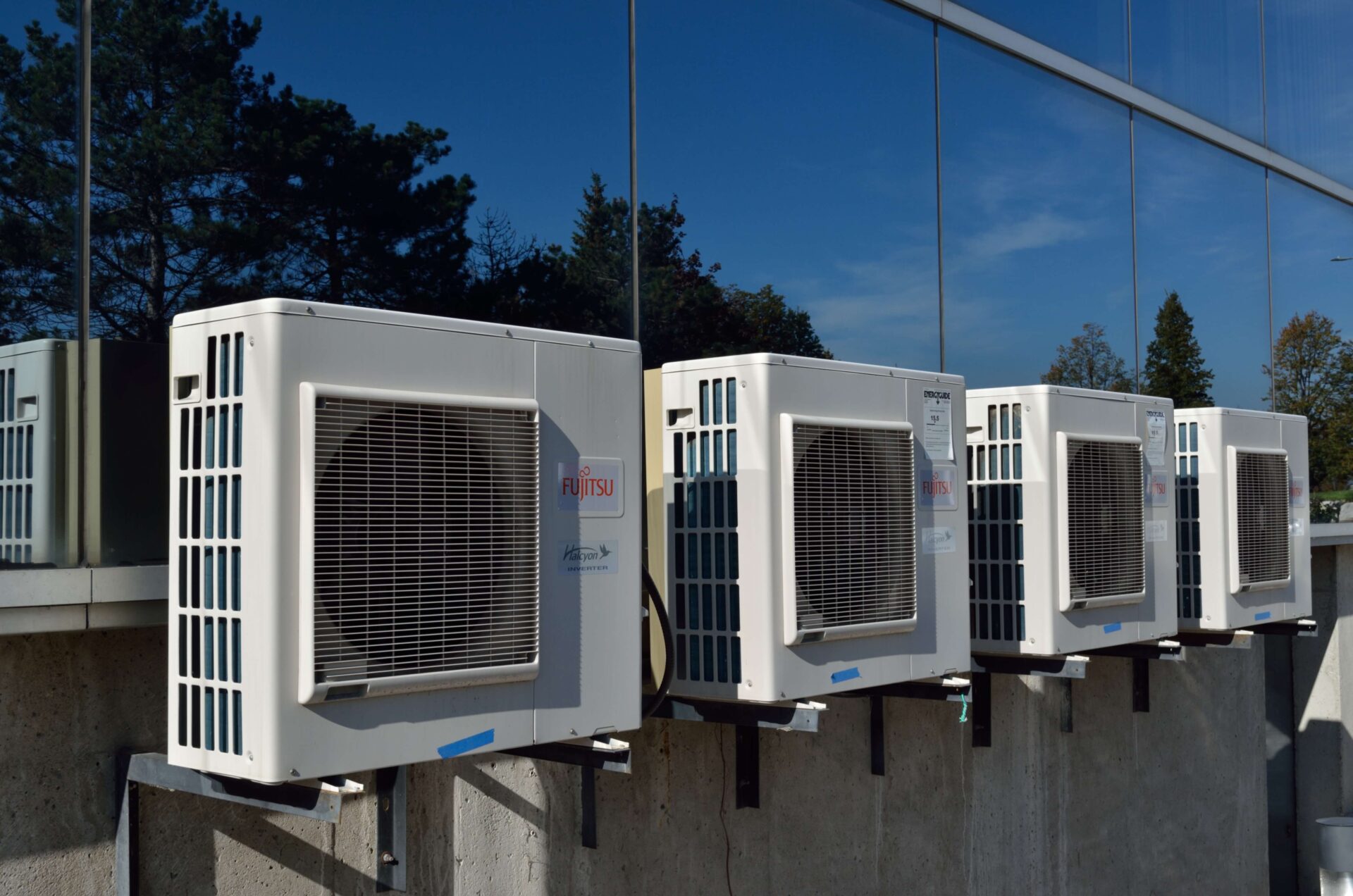HVAC Preventative Maintenance Tips For Commercial Buildings
by Abdul Aziz Mondal Technology Published on: 15 June 2018 Last Updated on: 27 May 2025

You don’t have to replace your air conditioning unit to get better or more convenient air conditioning systems. Add-ons or tools that modify your existing system can give you individual advantages that are missing from your current HVAC.
According to Morris Jenkins, a leading name in the world of HVAC systems, proper maintenance can help in lowering operating costs for a business. Commercial buildings have hundreds of employees working in them. Any problem with HVAC means that the performance and productivity of those hundred employees will suffer. This can cost the business much more than investing in simple HVAC maintenance on a periodic basis. Regular maintenance ensures that HVAC systems have a longer life, perform more efficiently, and do not break down.
Commercial pest removal companies need to be contacted before you opt for HVAC installations. There are several types of pests that can enjoy the warmth and moisture in your commercial establishment. You need to ensure that they are removed first, or they can cause damage to the lines, pipes, and other HVAC installations.
A modular approach helps you save money and gives you only the tools you want. Here is your HVAC preventative maintenance checklist for your building.
Add a Humidifier/Dehumidifier:
Too much humidity is bad for your house. Enclosed spaces like bathrooms that have a lot of hot, moist air can easily develop mold and mildew without proper circulation.
Your whole house can also become a bit too damp for comfort in the middle of the rainy season, and a dehumidifier can help clear up the air. But sometimes a bit of controlled humidity can help.
In the winter, the air already tends to be drier. When it’s artificially heated, it loses even more essential moisture, which can dry out your skin and make winter colds feel even worse.
Look for an add-on that can both humidify and dehumidify the air as needed.
A Programmable Thermostat:
Smart air conditioning systems are becoming more and more popular. You can get the bulk of the functionality just by switching out your thermostat. Once you can program your thermostat around your schedule, you can reduce your energy bill.
Power down your air conditioning and heating (still within safe margins for your house) while everyone is out of the house.
A Ventilator:
Your home needs airflow. Double-paned windows and air-tight seals are great for keeping out moisture and pests, and doors with durable weatherstripping stop air leaks.
But ventilation helps improve your home’s air quality.
It helps pump out mold spores, toxins, and airborne food particles. A ventilator can help give you controlled ventilation that doesn’t expose your home to any of the problems you want to keep out.
Freezing Measures:
A little puddle of water on the floor close to the heater or buildup on the heater cupboard may indicate the indoor coil has frozen.
This occurs once in a while, in an exceptionally sweltering, humid climate or if your air conditioner is running while the outside temperatures are below 60F.
Another primary cause of your air conditioner freezing up is interrupted airflow. This essentially implies your air conditioner is suffocating and not getting enough air to work appropriately.
Lacking airflow makes the coils dip under freezing. The humidity in the air at that point gathers on the coils and causes a thicker build-up of ice on your air conditioner.
This is commonly caused by a dirty air filter that should be replaced. However, it can likewise be caused by a number of things, such as, an air filter that is excessively limiting, insufficient return ducts, ducts that were not properly sized, a hole, gap, or separation in the ductwork, or messy evaporator coils.
Changing your air filter once a month enables your system to run efficiently all through the seasons and that means less expensive repairs. Using commercial maintenance services will also greatly reduce your cost.
Turn off your AC:
To eliminate the ice, simply turn your air conditioner off and the ice will liquefy normally. When the temperatures outside are warm enough you need to be using your air conditioner, this shouldn’t take long. Allow it to sit for a few minutes. You need to also check for any leaks.
If you find a leak, your air conditioner will need to be looked at by an HVAC professional. Leaks are frequently caused by low refrigerant levels and should just be handled by somebody knowledgeable in these appliances.
Once the ice has melted away, it is a good idea to give the coils a decent cleaning. Begin by wearing a pair of gloves and spraying the former ice-covered coils with a commercial coil cleaner.
Always follow manufacturers’ guidelines when mixing and using the cleaner.
Next, use a clean soft bristle brush or extra toothbrush to scrub the coils, making a point to clean any dirt. Excessive dirt on your unit’s coils is one of the causes for ice to form.
So when cleaning the coils do a thorough job removing caked-on dirt.
Use Warm Water:
Once the coils have been effectively cleaned, spray them with warm water using a spray bottle, making sure there is no trace of the cleaner. With a clean and dry towel, wipe the newly cleaned coils dry.
It is vital to not reconnect your air conditioner unit to its energy source or continue to reuse the unit until there is no moisture present and is completely dry.
It is imperative to give the coils occasional cleanings to avoid ice buildup caused by dirty coils.
Assuming no leaks are present, make sure your air conditioner is not running if the temperature outside is below 60%
After replacing the air filter and cleaning the coils, your air conditioner still is not serving its purpose. It is likely your unit may have a kinked refrigeration line or the system is low on refrigerant.
Another reason may be that the blower motor is failing or extremely grimy and not running at its fullest capacity.
Check for Signs of Critters and Pests:
Condenser units pump air outside. Even in the summer, animals and pests want warm, enclosed spaces to build their dens and nests.
Not only can these pests expand cracks and openings around the unit for easy access, but they also impede airflow and can break the parts inside.
Check for signs of animals and insects so you can close up holes or set traps.
HVAC Preventative Maintenance Tips:
Air conditioners will usually let you know when something is wrong. They’ll squeak, crunch, or start to rumble more often than normal. Noticing these noises is sometimes difficult, especially if the issue is faster heating cycles or the absence of noise.
So consciously do HVAC preventative maintenance once a month. If you spend summer evenings at your smart home, that’s even better: the summer months are harder on your unit, so listening in more often gives you faster notice.
Read Also:



































































































